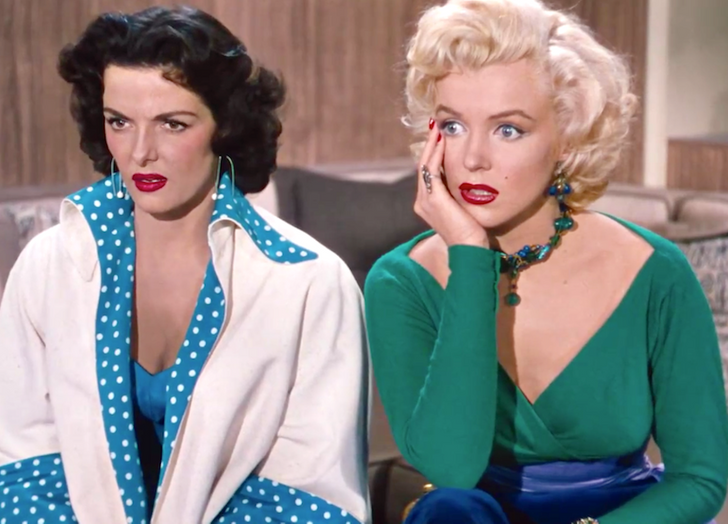The Story of Marilyn Monroe Who Wasn’t Afraid of Challenging the Patriarchal Hollywood to Destroy the Image of “A Silly Blonde”
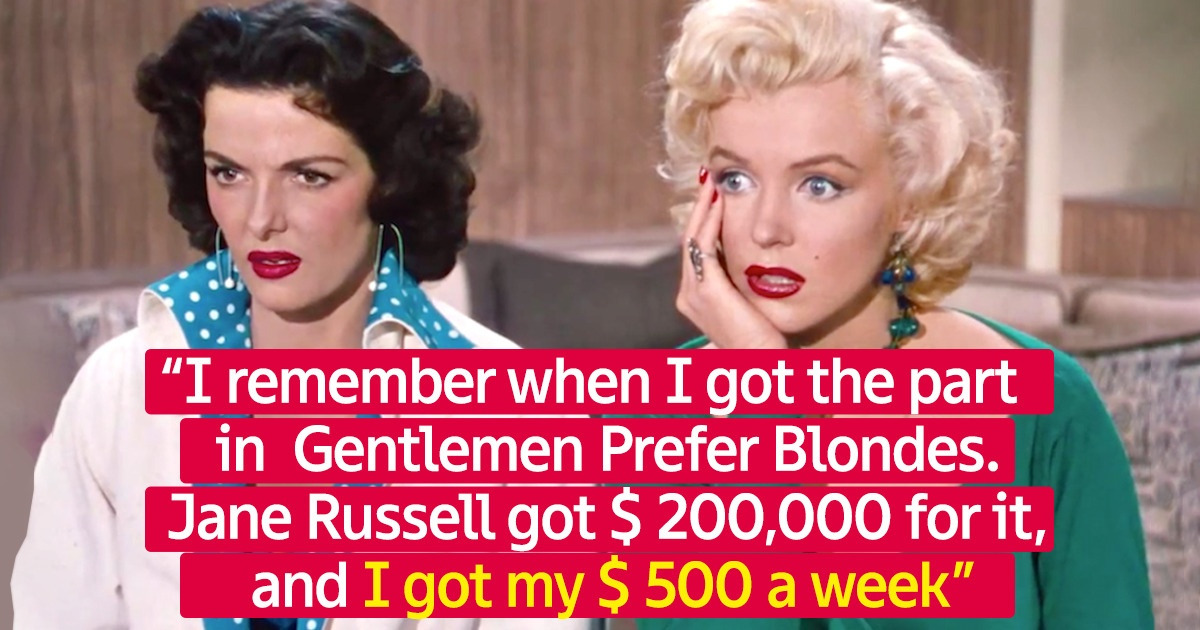
When you hear the name of Marilyn Monroe, you instantly think of a gorgeous but silly blonde in a pink dress, singing about diamonds being girl’s best friends. But few people know that the actress was fighting the condescending attitude towards herself and tried to destroy this image. And she almost succeeded.
We at CHEERY decided to bust the myths of the actress being silly and superficial, and that of becoming successful just because she was incredibly attractive.
A difficult childhood inspired Monroe to become an actress.
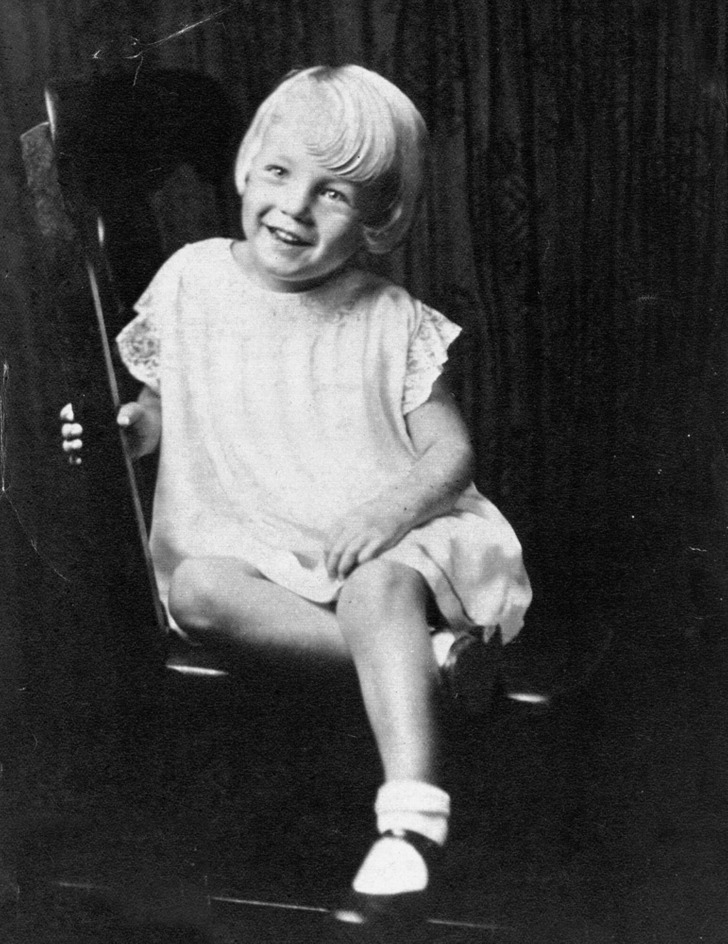
The future movie star was born in a very complicated and poor family. Her mother couldn’t work and take care of the girl, so Marilyn lived in a foster family and saw her mother only on weekends. And when her mother diagnosed with a serious psychological disorder, the girl was forced to live in different orphanages and foster families.
According to Marilyn, it was the difficult childhood that helped her understand what she wanted to do, “When I was 5 I think, that’s when I started wanting to be an actress. I loved to play. I didn’t like the world around me because it was kind of grim, but I loved to play house. It was like you could make your own boundaries. When I heard that this was acting, I said that’s what I want to be.”
The actress remembers her guardians often sending her to the movies, so that she doesn’t spend all her days at home, “Up in front, there with the screen so big, a little kid all alone, and I loved it.”
Monroe signed a contract with a big studio she really wanted, but had to deal with the merciless system.
At the time, every beginner star knew that they could only become successful on stage if they worked for someone of the Major Five: MGM, Paramount, Warner Brothers, RKO, or Twentieth Century Fox. These companies owned cinemas, so all the films they made would definitely be on the screens, no matter what the quality was. So, actors, writers, and directors fully depended on the studio bosses, and nobody could argue with them. The companies single-handedly decided what films and what roles the actors will be in.
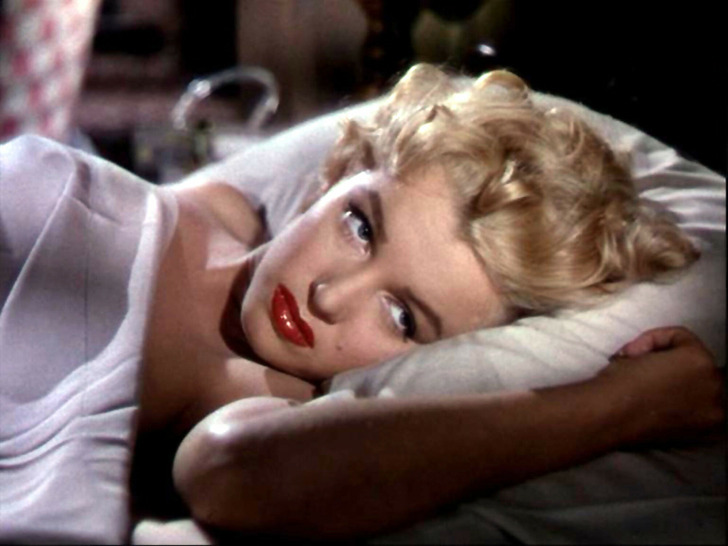
In 1950, Marilyn Monroe signed a 7-year contract with Twentieth Century Fox and ended up in labor slavery. In her memoirs, the actress wrote that the working conditions were inhumane, and even being sick wasn’t reason enough to take a break, “How dare you get a cold! I mean, the executives can get colds and stay home forever and phone it in, but how dare you, the actor, get a cold or a virus. You know, no one feels worse than the one who’s sick.”
At the age of 27, Marilyn was already a Hollywood legend, but she still earned pennies.
After just 3 years of working for Fox, Monroe became a superstar. This was when she had the image of a silly blonde. But despite being popular and successful, her income was ridiculous, “I remember when I got the part in Gentlemen Prefer Blondes, Jane Russell, she was the brunette in it, and I was the blonde. She got $200,000 for it, and I got my $500 a week, but that to me was considerable.”
Just imagine: Monroe would have to work 400 weeks with no breaks to earn as much as Jane Russell got!
The actress decided to challenge the studio bosses because she wanted to portray deeper characters.
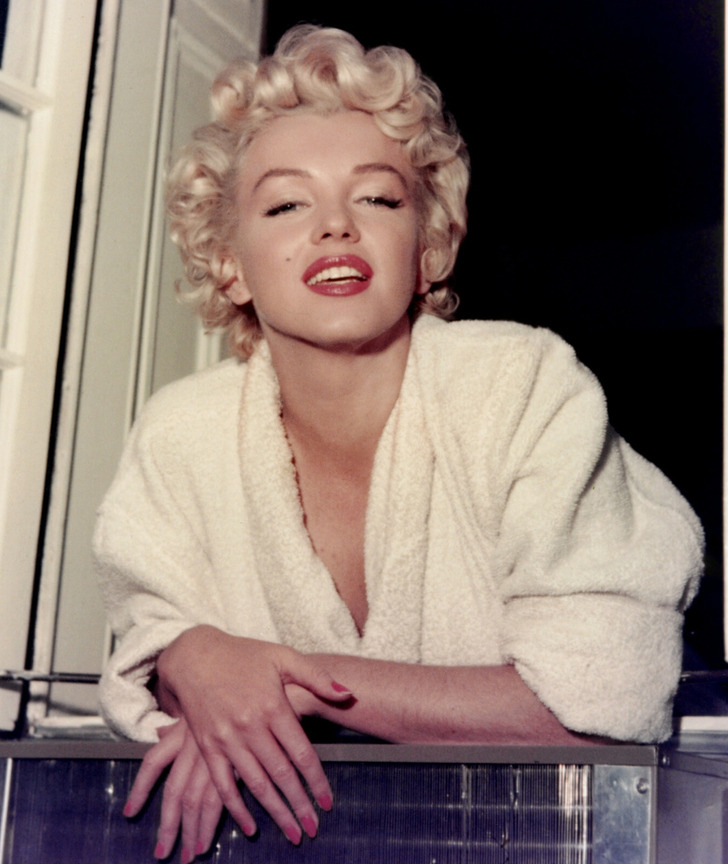
Twentieth Century Fox executive producer Darryl Zanuck humiliated his main star, not giving her the right to choose the projects and made her play empty, stereotyped characters she was sick of. Monroe said, “An actor is not a machine, no matter how much they want to say you are.”
The Hollywood star knew she deserved deeper roles, she wanted to be independent, and she wanted to challenge herself, “I’m really eager to do something else. I’d like to do roles like Julie in Bury the Dead, Gretchen in Faust, and Teresa in Cradle Song. I don’t want to be a comedienne forever.”
Monroe’s patience came to an end when she was told to be The Girl in Pink Tights. The actress was outraged by the unfair payments: her partner Frank Sinatra was promised $5,000 and she would get only $1,500. But the most insulting part was that she wasn’t even allowed to read the script, she was supposed to agree to the part blindly.
The star decided to boycott the filming and simply didn’t show up. And no threats could break her, she just refused to appear in this musical.
In 1 year, Monroe walked a path from an actress without rights to “a shrewd businesswoman.”
In 1955, Monroe did the unthinkable: she stopped doing her work and said she was tired of playing the same roles. With the financial support of her friends, she founded her own movie company and started studying acting. Monroe was tutored by the legendary drama coach, Constance Collier, and even took a class in psychoanalysis.
Of course, Fox did everything they could to get their biggest star back. 1 year later, Marilyn agreed to renew the contract, but on her terms. Now, the star could choose the projects, directors, and cinematographers herself. It was a huge win over the movie industry. The press called Monroe, “a shrewd businesswoman.”
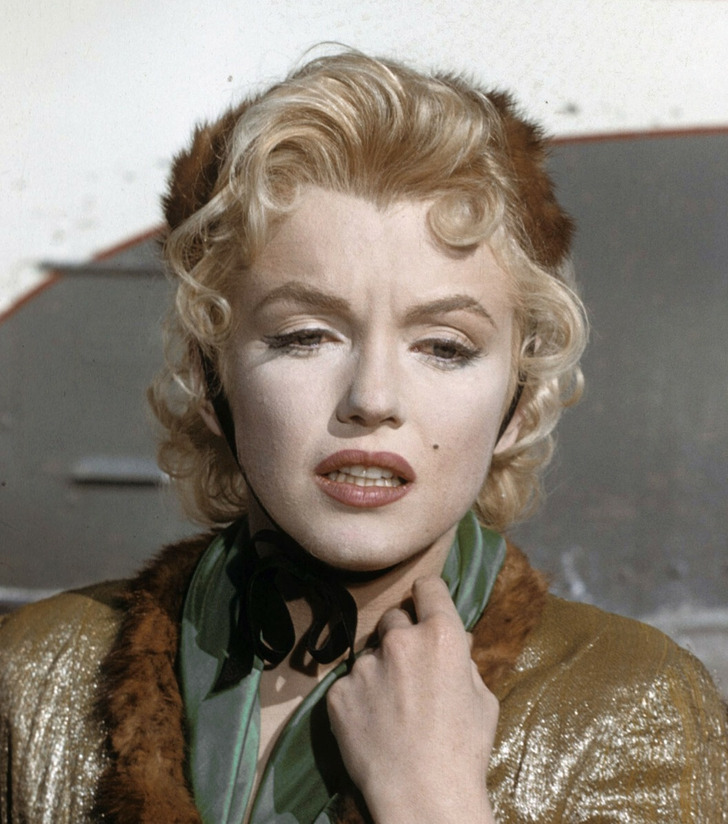
Her first project with a new contract was Bus Stop. Marylin portrayed a singer from a salon that wanted to become famous. For this role, the actress learned an Ozark accent, chose costumes and make-up that lacked the glamour of her earlier films, and provided deliberately mediocre singing and dancing. Director of the film Joshua Logan, despite being initially skeptical, compared her to Charlie Chaplin in her ability to blend comedy and tragedy.
It seemed that Monroe would never play glamorous and simple characters again, but she was convinced to work in Some Like It Hot. She agreed but insisted on adding an important line her character says, “I can be smart when it’s important. But most men don’t like it.”
Some experts think that the actress was a proto-feminist. She never officially claimed to be part of the movement, but she was a strong woman ready to fight for her interests. Do you think that Marilyn Monroe can be called a proto-feminist?
